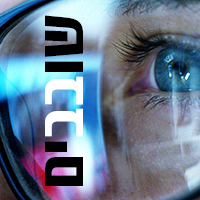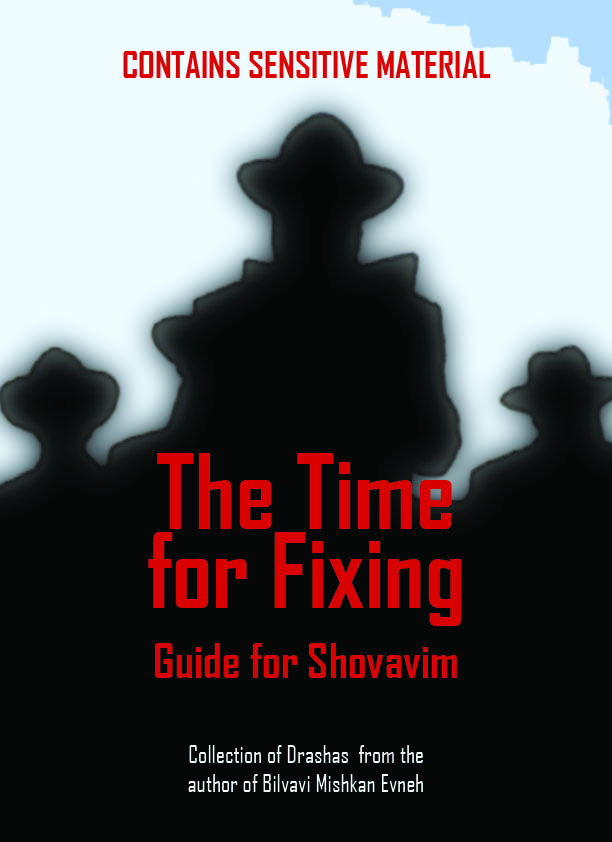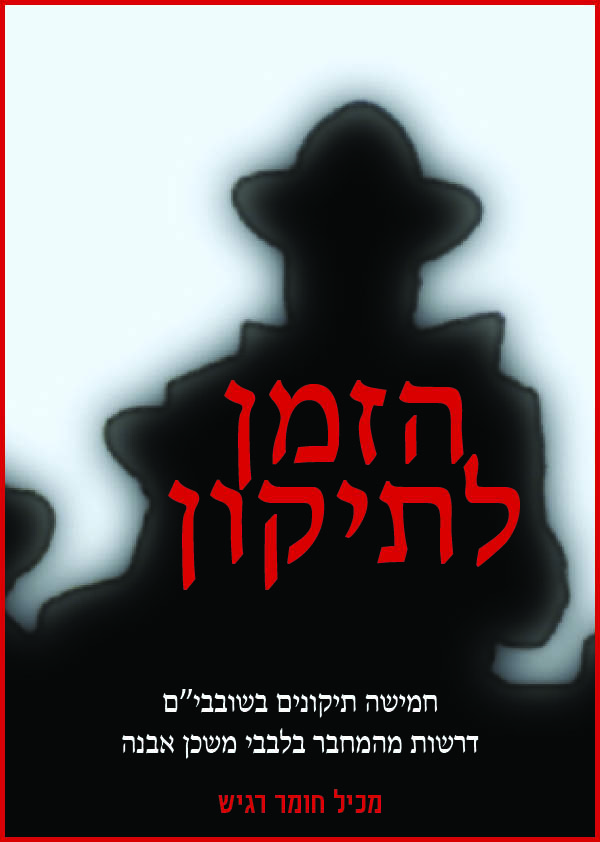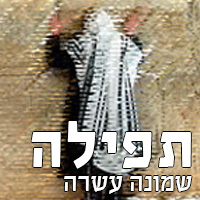- בלבבי ט_הקדמה
00 Author's Intro
- בלבבי ט_הקדמה
Bilvavi Part 9 - 00 Author's Intro
- 6543 reads
- Printer-friendly version
- שלח דף במייל
In Creation, everything is comprised of two components – a spiritual light, and the container that holds it together to maintain it.
The most basic “container” we ever find is the keeping of halachah (Torah law), which will help us maintain any of the spiritual revelations we come across. If we are careful when it comes to keeping halachah, only then will we be able to gain from all that spirituality can give us.
Therefore, without being careful in halachah, human growth and improvement will be impossible to really be maintained in the person. The spirituality won’t have any effect on the person, since he has nothing to contain the light he is receiving, for he isn’t keeping to the halachah and thus missing the basis to anything.
It is therefore apparent that the reader of this sefer be aware, that keeping to halachah is of utmost priority. If not, then chas v’shalom (G-d forbid) this sefer will only be a source of a person’s downfall, and he will come to make grave errors in the understanding of this material. He will just misinterpret the information here.
Only someone who is exacting to keep to halachah can gain from this sefer. We have unfortunately seen many people who haven’t been careful with this, and they made the mistake of involving themselves with this kind of material, which led them to make terrible mistakes in life. Therefore we must emphasize and repeat here that only by keeping exactly to all of halachah will we have the basic prerequisite to gain from any of the matters discussed in this sefer.
There is a rule that any matter that has to do with serving Hashem is “rotzoh v’shov”, “running and returning.” First, we progress, then we have to pull away a little, and then we once again repeat the cycle. The more we progress – rotzoh - the more we need to strengthen our power of containing our growth, which is shov. Therefore we need that strong container, which is the adherence to halachah. Without this chas v’shalom, there will be nothing to contain and maintain our spiritual progress. It would be just be the “rotzoh” part without the “shov” part, and there will be nothing but emptiness. The spirituality won’t be maintained, because there will be ohr with no kli to hold it.
The matters in this sefer are very subtle, and not everyone needs to delve into this. If someone doesn’t need this sefer, learning this sefer can actually harm his soul. Therefore, before one learns this sefer, he should think it over if he indeed should learn such a sefer like this. It is difficult to know this, and it cannot be determined by regular logic, so one should entreat Hashem that he be guided in the right direction – that he should learn the part of Torah which is meant for him to learn.
***
A large part of this sefer revolves around the meaning of what is written, “Ain Od Milvado” – There is nothing besides for Hashem.” Our Rabbis taught many meanings of the depth behind this matter, and their words are all holy and true. But if someone is more internal, he must strive to know where each interpretation of the matter belongs. After that, a person can figure out which interpretation applies to his own soul root (which is possible to know, as the sefarim hakedoshim reveal), and then he can connect to that meaning.
(There is an exception to this rule, and that is if one has mesirus nefesh (altruism for G-d); with mesirus nefesh, one can penetrate into the deepest part of the soul, which is the point in the soul that was unaffected by the sin of Adam. If this is the case, one can then connect to deeper meanings of Ain Od Milvado that are really above his current soul level.)
When a person delves into concepts that are above his current soul level’s comprehension, he won’t really understand the concepts, because it’s above his comprehension. In trying to understand, the person is apt to degrade the high spiritual light and lower it to his understanding, and then he will misinterpret whatever he’s learning in the process. He will also come to disagree with what he’s learning, erroneously thinking that the matters don’t make sense.
The truth is that this mistake has actually been the cause for many a downfall throughout the generations: learning about things that are above one’s current level of understanding. The facts only become misinterpreted. (This was the depth behind the argument behind the sin of the brothers, who accused Yosef wrongly - because they did not interpret Yosef’s actions correctly, they came to accuse him unjustly).
An internal kind of person understands that there are many different ways to understand something – as Chazal say, “All opinions are different” – and thus he understands that each soul can have a different understanding of something. Each way of understanding has its proper place.
Throughout this sefer, the world of emunah is explained – a kind of emunah which is above intellect. Yet, this doesn’t mean that we should skip the intellectual stage. We need to intellectualize and understand things with our human comprehension – but it is just that after that, we need to ascend beyond our intellect and enter into the emunah above it.
This is written in sefer Sheairis Yisrael[1]: “One who wants to enter the service of Hashem…can approach this reflecting the level of a Torah scholar, who serves Hashem with his comprehension and understanding; and to reflect on the greatness of Hashem with great concentration…after this, he must come to the true service, to understand that he really cannot understand. This means that he must realize that any matter cannot ever be known. It is like the expression, “The purpose of knowledge is to realize that we don’t know anything”….
“We must definitely seek to know things, for it is written, “Know the G-d of your father.” However, the main thing is that we not remain with just knowledge. The main thing is that after we know things, we should then come to the faith that is above intellect, as it is written, “And I am a fool, who does not know anything.” After we know things, we must come to feel like we don’t know anything…”
In the words of the above sefer, it is apparent that we must, initially, seek to understand things using our human intellect. In fact, it is only after we seek to understand things intellectually that we can come to the higher understanding, which is the perspective of the “faith above intellect” (emunah).
In fact, the depth of all our avodah is three stages: first we need plain, simple emunah; then we need to understand things intellectually, and then we need to enter a deeper kind of emunah that is above our intellectual understanding.
Another way of describing this is that there are three phases of Creation which we all go through: first there is Olamos (“Worlds” – the world we live on), then Neshamos (“Souls” – deepening our existence by entering our soul), and finally, Elokus (“Godliness” – entering a state in which we are integrated with Hashem). Olamos is essentially our plain emunah, Neshamos is our intellectual understanding, and Elokus is when we reach deeper emunah that is above our intellectual understanding.
The words of the above-quoted sefer have revealed to us that there is a concept of deeper emunah, a kind of emunah that is above all intellectual comprehension. Below that deep emunah is our intellectual understanding, which is the path we use to eventually ascend our intellect. Our intellectual comprehension (Neshamos), is essentially the bridge in between Olamos (this current world of 6,000 years) and Elokus, the light of the World-to-Come, which will start in the year 7,000. Therefore, one has to be aware that if he’s trying to understand matters of deep emunah using his intellectual understanding, he’s mistaken, because the regular intellect cannot be used to understand the deep understanding of emunah that is above intellect.
Most of this sefer is discussing the deep emunah which is beyond intellectual understanding. Therefore, one who learns this sefer should be aware that he cannot use his regular intellect to understand it, and if he tries to, he will fail.
This sefer is thus only meant for one who is heavily dedicated to learning Torah and exerts himself in it. Only with exertion in learning Torah can one penetrate into his soul and reveal the light of deep emunah that’s above all intellect.
[1] shaar hiskashrus: 5: 2
NOTE: Final english versions are only found in the Rav's printed seforim »















